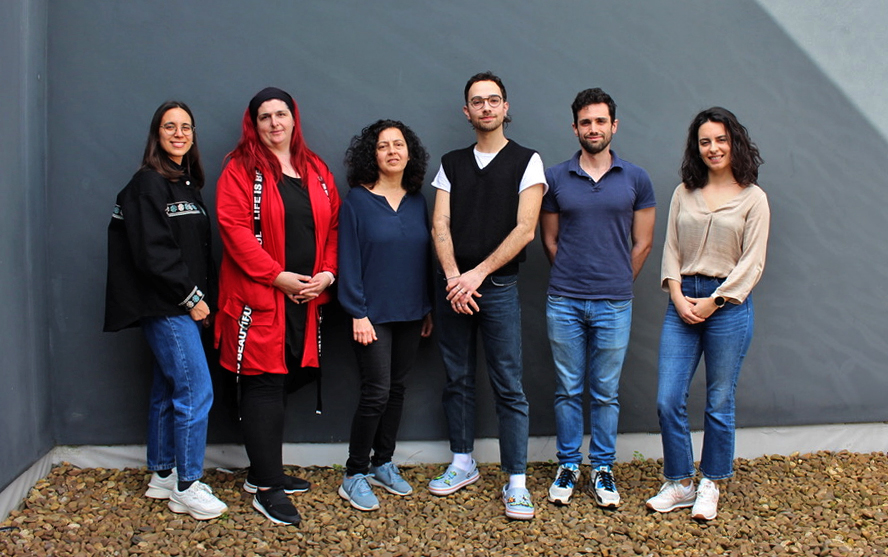Daniel obtained his BSc Degree in Health Biology from the University of Alcalá (UAH) in 2021. During this period, he got a fellowship to work in the laboratory of Prof. María Enriqueta Arias at the UAH and did an internship in the laboratory of Dr. Mercedes de Frutos at the Institute of General Organic Chemistry (IQOG-CSIC). Once he finished it, he benefited from one of the summer internships grants at IBBTEC, joining the group of "Functional Plasmidomics". In the same year, he began the master's degree in Molecular Biology and Biomedicine (University of Cantabria – University of the Basque Country). He continues working with Dr. Garcillán-Barcia's group, focusing on the analysis of genomic data from plasmids as well as on synthetic biology.
Functional Plasmidomics

Research lines
Plasmids are genomes with a deep impact in microbial communities, a shared gene pool that allows bacteria to adapt to different environments. By using plasmid comparative genomics, we are identifying and studying key gene functions for cell-to-cell communication, as well as others linked to multirresistant bacteria outbreaks. Some of these functions are also harnessed to build synthetic gene circuits to perform distributed computation in bacterial populations.
Funding
- Research projects: Ayuda nueva incorporación CSIC (Ref. 201820I143). PI: M. Pilar Garcillán-Barcia
